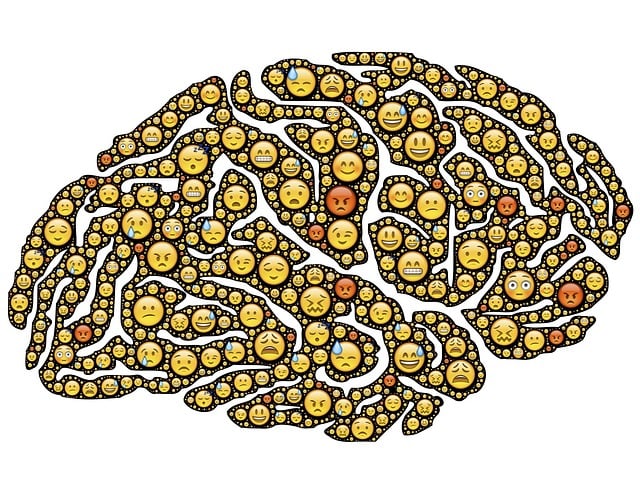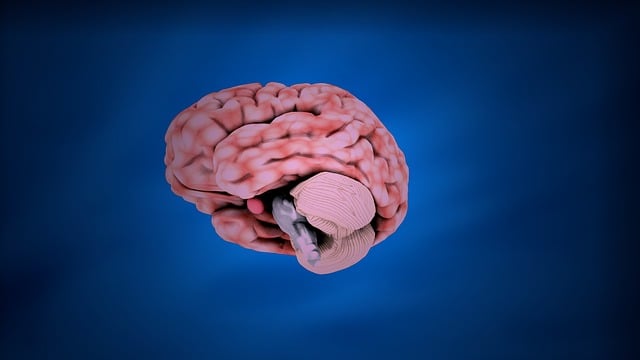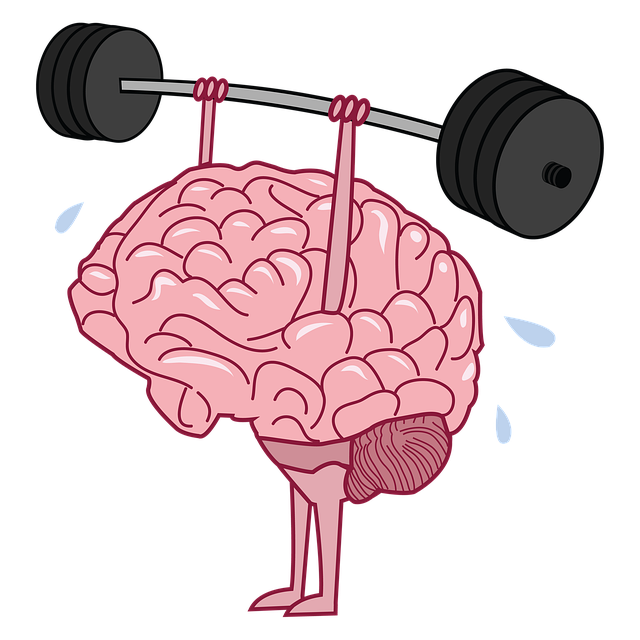Lafayette First Responders Therapy emphasizes the power of positive thinking as a vital tool for improving mental health among first responders, who face high-stress jobs. Through evidence-based techniques like mindfulness, emotional healing, and journaling, they enhance self-awareness and resilience to manage stress and adversity. These strategies, tailored to first responders' unique needs, include cognitive reframing, positive affirmations, and community support. Combining these practices with structured routines, group discussions, and mindfulness techniques fosters overall well-being and improves their ability to serve communities in challenging situations. Regular progress evaluation is crucial for measuring the success of Lafayette First Responders Therapy and tracking growth in positive thinking.
Positive thinking exercises are transforming lives, especially among first responders facing high-stress situations. This article explores the profound impact of positive thinking on mental health, highlighting the innovative role of Lafayette First Responders Therapy in promoting resilience. We delve into designing tailored exercises and offer practical strategies for successful implementation. Learn how to measure progress and foster a sustained positive mindset, drawing from the proven methods of Lafayette First Responders Therapy.
- Understanding Positive Thinking and its Impact on Mental Health
- The Role of Lafayette First Responders Therapy in Promoting Positive Thinking
- Designing Effective Positive Thinking Exercises for First Responders
- Implementing the Exercises: Strategies for Success
- Measuring Progress and Sustaining a Positive Mindset
Understanding Positive Thinking and its Impact on Mental Health

Positive thinking is a powerful tool that can significantly influence mental health and overall well-being. It involves cultivating optimistic attitudes and reframing negative thoughts into more positive ones. This simple yet profound practice has been shown to reduce stress, anxiety, and depression while boosting resilience and life satisfaction. For first responders like those at Lafayette First Responders Therapy, embracing positive thinking can be a game-changer in managing the emotional toll of their high-pressure jobs.
By incorporating practices such as emotional healing processes, mindfulness, and mental wellness journaling exercise guidance, professionals can enhance their ability to cope with trauma and challenging situations. These techniques promote self-awareness, encourage healthy coping mechanisms, and foster a sense of calm amidst chaos. The benefits extend beyond individual therapy sessions, as these strategies can be integrated into daily routines, enhancing overall mental health and resilience in the face of adversity.
The Role of Lafayette First Responders Therapy in Promoting Positive Thinking

Lafayette First Responders Therapy plays a pivotal role in fostering positive thinking and emotional resilience among individuals who frequently encounter high-stress situations. This specialized therapy is designed to cater to the unique needs of first responders, such as police officers, firefighters, and paramedics, who often face traumatic events on a regular basis. Through various evidence-based techniques, Lafayette First Responders Therapy helps these professionals manage and reduce stress, promoting emotional regulation in their daily lives.
By implementing tailored stress reduction methods, this therapy enables first responders to cope with the psychological demands of their roles. In addition, it addresses the critical aspect of mental health policy analysis and advocacy, ensuring that these heroes have access to resources and support systems that cater specifically to their needs. As a result, improved emotional regulation allows them to maintain a positive mindset, enhancing their overall well-being in the face of challenging circumstances.
Designing Effective Positive Thinking Exercises for First Responders

Designing positive thinking exercises tailored for first responders is a specialized task given the unique pressures and challenges they face. Exercises should be crafted to not only foster resilience but also acknowledge and process traumatic experiences effectively. Incorporating techniques like mindfulness meditation, cognitive reframing, and positive self-talk can help first responders manage stress, improve emotional regulation, and enhance their ability to provide care in high-pressure situations.
For instance, a structured therapy session could involve guiding first responders through calming visualizations, encouraging them to reflect on personal strengths and past successes. These exercises, coupled with social skills training and public awareness campaigns development, can create a supportive environment where first responders feel understood and empowered. The ultimate goal is to equip them with robust mental tools that not only sustain their well-being but also enable them to deliver exceptional service in the face of adversity. Incorporating these practices in Lafayette First Responders Therapy can significantly contribute to the resilience and effectiveness of our community’s heroes.
Implementing the Exercises: Strategies for Success

Implementing positive thinking exercises requires a strategic approach, especially for those new to this practice. To begin, create a structured routine by incorporating these exercises into daily or weekly activities. Start with simple practices like journaling, where individuals can reflect on and rewrite negative thoughts, transforming them into more positive affirmations. This process, known as cognitive reframing, is a powerful tool taught by Lafayette First Responders Therapy to help professionals in high-stress fields.
Encourage participants to engage in these activities consistently, possibly during quiet moments or before bed, to train their minds for positivity. Facilitate group discussions to share experiences and provide mutual support, fostering a sense of community. Additionally, consider incorporating mindfulness techniques, such as meditation or guided imagery, which have been shown to enhance emotional well-being. This holistic approach, combining positive thinking with Conflict Resolution Techniques and Cultural Sensitivity in Mental Healthcare Practice, can lead to significant improvements in mental health outcomes.
Measuring Progress and Sustaining a Positive Mindset

Measuring one’s progress is a vital aspect of any positive thinking journey, especially for those inspired by Lafayette First Responders Therapy. Regularly assessing your mindset shifts and emotional well-being allows you to recognize achievements and identify areas that may need further attention. This process can be as simple as maintaining a gratitude journal, where you reflect on daily positives, or more structured through self-evaluations focused on specific goals. By setting measurable objectives, individuals can track their growth in inner strength development, enhancing their ability to maintain a positive outlook.
Sustaining this mindset requires consistent practice and tools like Mindfulness Meditation. It helps keep the mind centered and calm, making it easier to navigate life’s challenges with resilience. Additionally, effective communication strategies play a role in fostering supportive connections, further reinforcing a positive and healthy mental space. Regular reflection and employing these techniques ensure that the positive changes fostered by Lafayette First Responders Therapy remain integral to one’s daily life.
Lafayette First Responders Therapy plays a vital role in empowering individuals to navigate challenging situations with resilience. By incorporating positive thinking exercises, first responders can transform their mindset and enhance their mental health. These strategies, designed specifically for their unique needs, offer a powerful tool to manage stress and promote well-being. Through consistent practice, these exercises can foster a sustainable positive mindset, allowing first responders to effectively cope with the demands of their critical roles.










